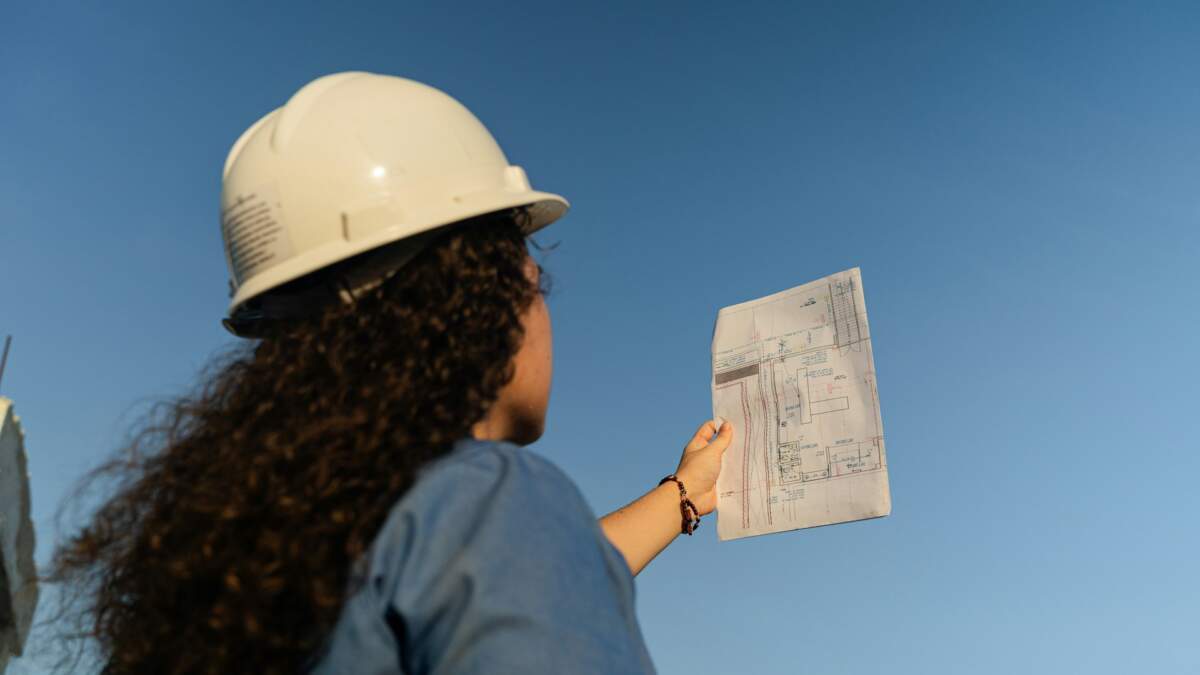Successful construction projects don’t just happen—they are meticulously planned and managed from the ground up.
Whether you’re building a custom home, remodeling an office space, or embarking on a large-scale commercial development, there are key factors that can make or break your construction project.
This article outlines critical considerations you must keep in mind before starting any construction process. From understanding your budget to working with experts, this guide will ensure you’re prepared to turn your vision into reality.
Define Your Goals Clearly
What Are You Building, and Why?
The very foundation of any successful project is a clear understanding of what you aim to achieve.
Are you constructing a dream home, an efficient workspace, or a hospitality center designed to attract customers? Defining your project’s purpose ensures that every decision aligns with your end goal.
Identify Your Long-term Vision
Think beyond immediate needs and consider the long-term impact of your construction decisions. For example:
- Will you need more space in the future?
- Are you incorporating eco-friendly building materials?
- Can the design adapt to technological and functional advancements?
Having a clear vision guarantees your project’s utility and value for decades to come.
Set a Realistic Budget
Understand the Costs
One of the most crucial factors behind any successful construction project is an accurate and realistic budget. Remember, costs include more than just materials and labor. You’ll also need to account for:
- Permits and legal fees
- Utilities and infrastructure
- Landscaping
- Contingencies for unexpected expenses
An estimate that doesn’t consider these elements can lead to delays—or worse, incomplete projects.
Work with Professionals
Professionals can help you create a detailed project estimate. Their expertise in construction and project planning ensures no critical expense is overlooked. Having an experienced partner can save both time and money in the long run.
Find the Ideal Location
Evaluate the Site
Location matters more than many people initially realize. Begin by assessing your site’s terrain, accessibility, utilities, and zoning regulations. These factors can significantly influence construction feasibility and timeline.
For instance:
- Is the soil stable enough for your building’s foundation?
- Are there any environmental compliance issues?
- Will access to the location impact the transportation of construction materials?
Consider Regulations
Make sure your project aligns with local laws and permits. Consult with municipal offices to understand the rules related to height restrictions, setbacks, and property boundaries.
Plan Your Timeline
Align with a Realistic Schedule
Construction projects are rarely quick endeavors—complex processes such as building inspections, material delivery, and weather dependencies all influence timelines. Set realistic milestones and be prepared for some flexibility in case of delays.
Anticipate Potential Roadblocks
Unexpected disruptions such as labor shortages or material delays can happen. Incorporate extra time into your schedule to manage unforeseen circumstances without affecting the overall timeline.
Prioritize Quality Over Speed
Choose High-Quality Materials
The quality of materials often determines the durability of a completed structure. While it may be tempting to cut costs by using cheaper alternatives, the long-term cost of maintenance and repairs often outweighs the initial savings.
Investing in premium materials ensures your building stands the test of time. Research suppliers or consult experts who have experience sourcing reliable and sustainable construction products.
Hire Skilled Contractors
Your choice of contractors plays a significant role in determining craftsmanship. Seasoned professionals like Mike The Builder add tremendous value through their expertise, ensuring work is carried out to the highest standards.
Incorporate Sustainable Practices
Build with the Environment in Mind
Sustainability is more than a buzzword—it’s an integral part of modern construction. Incorporating eco-friendly design principles not only benefits the planet but can also reduce operational costs over the building’s lifetime.
Some eco-conscious practices to consider include:
- Utilizing renewable building materials
- Installing energy-efficient windows and insulation
- Leveraging solar energy or alternative energy technologies
Think About Future Resilience
Anticipate future challenges such as climate change or urban expansion. Building in an adaptable ensures your structure remains functional, efficient, and desirable for years to come.
Create Detailed Designs
Collaborate with Architects and Designers
Well-thought-out designs ensure not just the aesthetic appeal of your project but also its functionality.
Whether optimizing the flow of pedestrian traffic in a commercial space or incorporating smart storage solutions in a home design, the right team of architects and designers can make a big difference.
Visualize Your Final Outcome
Invest in detailed blueprints and 3D modeling to visualize your completed project. This prevents costly changes during the construction phase and ensures all stakeholders are aligned on expectations.
Lay the Foundation for Success
Every construction project begins with a vision—but reaching your destination requires careful planning and execution.
By clearly defining your goals, setting a realistic budget, choosing the right location, and partnering with professionals, you can ensure your project gets off to the best possible start.
Remember, the decisions you make today will determine not only your building’s success but also its legacy. Keep quality, sustainability, and practicality at the forefront, and you’ll create something that stands tall for years to come.










